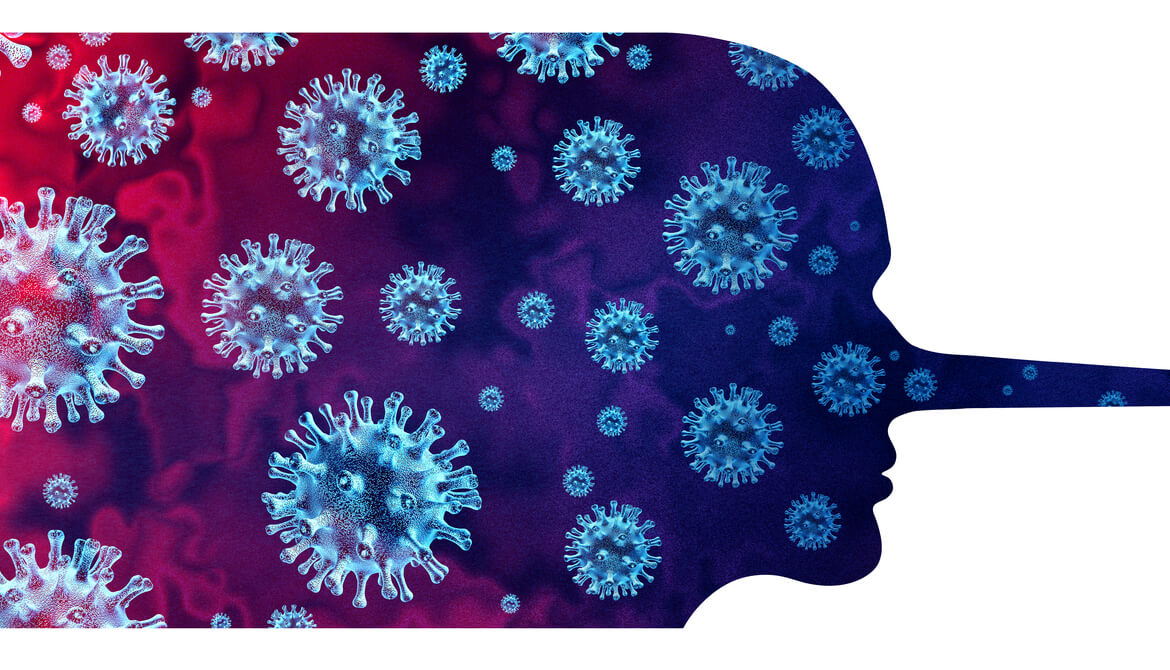3 minutes
What to look out for—and what to tell your members
This was reprinted with permission from SWBC’s LenderHub blog.
In times of national emergency or market disruption, scammers capitalize on public fear to take advantage of vulnerable consumers. FinCEN and many other organizations have issued warnings and red flags to help financial institutions and their customers identify and stop potential scams. Some key categories to be on the lookout for—and things to tell your members about them—include the following.
Imposter Scams
The World Health Organization and other agencies are being impersonated in an attempt to obtain money and/or sensitive information from computers. FinCEN has also issued warnings on fraudulent charities and crowdfunding efforts.
What to tell your members:
- Check the website domain for spelling errors or inconsistencies—most charities use ".org," and WHO only uses ".int.”
- Be wary of organizations directly contacting you asking for money or personal information.
- Don't respond to emails requesting sensitive personal information or banking information.
- Search the organization's official website and initiate activity only on the official website of legitimate institutions—often, there will be FAQs about whether or not they send certain types of communications.
Investment Scams
The Securities and Exchange Commission has issued a warning against investing in companies claiming that their products or services can prevent, treat, cure or otherwise be used to help stop the coronavirus, and that their stocks will sharply increase as a result.
What to tell your members:
- Microcap (market capitalization of roughly $50 million to $300 million) stocks are especially risky because they often involve small companies with limited publicly available information, allowing fraudsters to spread misinformation as part of their scheme.
- Rumors and aggressive promotion involving products or services that claim to be able to stop the outbreak may be indicative of a "pump-and-dump" scheme in which a buzz is generated to temporarily increase stock prices, allowing fraudsters to sell high and leaving investors to cope with losses.
Product Scams
Currently, there are no Food and Drug Administration-approved medicines to prevent or treat COVID-19. The Federal Trade Commission and FDA have identified several companies marketing colloidal and other silver products, essential oils, teas and tinctures, among other products, as treatments and/or cures for COVID-19. A list of companies making these claims and their products can be viewed on the FDA's website.
What to tell your members:
- Research products to see if they are FDA-approved before purchase.
- Consult with a physician before purchasing or taking unapproved product.
- Visit the Centers for Disease Control and Prevention FAQ page for best practices on how to prevent the spread of coronavirus and what to do if you are feeling sick.
Insider Trading
FinCEN has received reports of suspected insider trading related to COVID-19. Tips on suspected insider trading that has not been properly reported can be submitted to the SEC.
What Should Your Credit Union Do?
SWBC Payments advises financial institution clients to inform consumers of scams and red flags. Implement enhanced unusual and suspicious activity monitoring to identify potential instances of fraud impacting consumers. Review internal controls over payment size, type and frequency requiring additional approval. Financial institutions with members or customers that have been impacted should follow their regulatory reporting requirements.
Elizabeth Cardenas is a payments compliance supervisor for CUES Supplier member SWBC, San Antonio.







